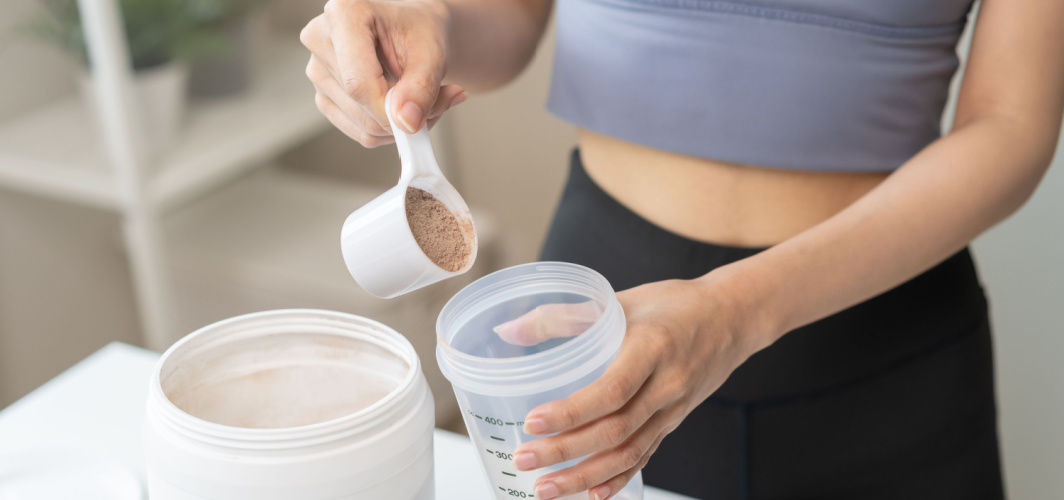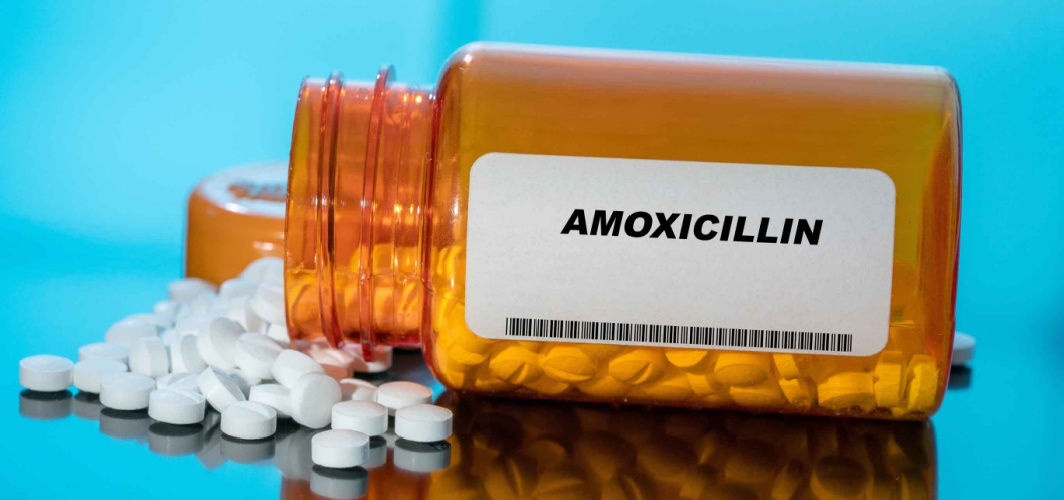General Health
Which Sunscreens Are Best For Acne-Prone Skin?
By Apollo pharmacy, Published On- 03 June 2025
Share this article
0
0 like

For individuals with acne-prone skin, finding the right sunscreen can be challenging. Many sunscreens feel heavy, greasy, or pore-clogging, leading to breakouts and irritation. However, skipping sunscreen is not an option— UV exposure worsens acne scars, triggers inflammation, and accelerates skin ageing.
The key is to choose lightweight, non-comedogenic sunscreens that provide broad-spectrum protection without aggravating acne. In this article, we explore the best sunscreens for acne-prone skin, including Acne UV Sunscreen, a dermatologist-recommended formula designed specifically for oily and acne-prone skin.
Why Is Sunscreen Important for Acne-Prone Skin?
Sun exposure causes damage to the skin’s cells and increases the risk of premature ageing, hyperpigmentation, and skin cancer. For those with acne-prone skin, these risks become even more significant. Here’s why:
- Prevents Acne Scarring and Hyperpigmentation: Acne lesions often heal with dark spots or scars. UV rays can worsen these marks, making them more noticeable and longer-lasting. Consistent sunscreen use helps protect healing skin and reduces post-inflammatory hyperpigmentation.
- Protects Skin Barrier: Acne treatments often thin or sensitise the skin. Sun exposure without protection can cause redness, irritation, and worsening of acne symptoms.
- Prevents Premature Ageing: UV damage can accelerate wrinkles and skin laxity, which is important for everyone, regardless of skin type.
Wearing sunscreen every day is vital, even if you have oily or acne-prone skin. The key is selecting a formula that won’t aggravate your acne or clog pores.
What Makes a Sunscreen Suitable for Acne-Prone Skin?
When shopping for a sunscreen for acne-prone skin, it’s important to focus on formulations designed to be gentle and non-comedogenic. Here are the main qualities to look for:
- Non-Comedogenic: This label means the sunscreen is formulated to avoid clogging pores, a key concern for acne-prone skin.
- Oil-Free and Lightweight: Thick, greasy sunscreens can feel heavy and promote breakouts. Lightweight gel or fluid formulas absorb quickly and feel more comfortable on oily skin.
- Broad-Spectrum Protection: Choose a sunscreen that protects against both UVA and UVB rays for comprehensive coverage.
- Fragrance-Free and Hypoallergenic: Fragrances and harsh chemicals can irritate sensitive or acne-prone skin, leading to redness or breakouts.
- Matte or Non-Greasy Finish: Sunscreens with a matte finish help control excess shine, especially beneficial for oily skin types.
Have more questions?
Top Ingredients to Look for in an Acne Sunscreen
When you have acne-prone skin, it’s important to choose a sunscreen that not only protects you from the sun but also helps care for your skin. Here are some skin-friendly ingredients to look for:
- Zinc Oxide and Titanium Dioxide: These are gentle minerals that sit on the surface of your skin and physically block harmful UV rays. They are less likely to irritate your skin or clog pores, which makes them great for acne-prone and sensitive skin.
- Niacinamide (a form of vitamin B3): This ingredient helps calm redness, soothe inflammation, and reduce excess oil. It’s also great for improving uneven skin tone and strengthening the skin’s barrier.
- Hyaluronic Acid: A powerful hydrator that helps your skin retain moisture without feeling greasy. It’s ideal for keeping skin soft and hydrated without causing breakouts.
- Salicylic Acid: A mild exfoliant that helps keep pores clear. It can be helpful in sunscreens for people who are prone to blackheads or pimples, as it prevents clogged pores.
Ingredients to Avoid in Acne Sunscreens
Not all sunscreen ingredients are friendly for acne-prone skin. Here are a few to watch out for:
- Heavy Oils and Emollients: Ingredients like coconut oil, lanolin, or petroleum jelly can clog pores and worsen breakouts.
- Fragrances and Alcohols: Added scents and certain types of alcohol can irritate sensitive skin and make acne worse. If your skin is easily irritated, it’s best to choose fragrance-free and alcohol-free options.
- Certain Chemical Filters: Some chemical sunscreen ingredients like oxybenzone and PABA (para-aminobenzoic acid) have been known to cause skin reactions or worsen acne for some people.
Top 5 Sunscreens for Acne-Prone Skin
Here are five dermatologist-recommended options that balance UV defence with acne-friendly ingredients.
1. Acne UV Sunscreen SPF 50 PA+++
Key Benefits:
- Broad-Spectrum Protection: Shields against UVA and UVB rays, helping prevent sunburn, tanning, and premature ageing.
- Non-Comedogenic & Oil-Free Formula: Ensures pore-friendly protection, preventing clogged pores and breakouts.
- Water-Resistant Gel Texture: Lightweight, fast-absorbing, and ideal for humid climates and outdoor activities.
- Mattifying Finish: Controls excess oil, leaving skin smooth and shine-free.
- Dermatologist-Recommended: Suitable for oily, combination, and sensitive skin types.
Why It Stands Out:
Acne UV Sunscreen SPF 50 PA+++ is formulated to protect and support acne-prone skin without causing irritation. Unlike traditional sunscreens that feel heavy or greasy, this lightweight gel formula absorbs quickly, leaving no white cast.
Its oil-free, non-comedogenic properties make it a trusted choice for individuals struggling with breakouts and excess oil production. Whether worn alone or under makeup, it provides long-lasting sun protection while keeping skin clear and comfortable.
2. EltaMD UV Clear Broad-Spectrum SPF 46
Key Benefits:
- Broad-Spectrum SPF 46 Protection: Shields against UVA and UVB rays, reducing the risk of sun damage and hyperpigmentation.
- Niacinamide (Vitamin B3): Helps reduce redness, regulate oil production, and strengthen the skin barrier.
- Hyaluronic Acid: Provides hydration without clogging pores, keeping skin balanced and comfortable.
- Oil-Free & Lightweight Formula: Absorbs quickly, leaving a non-greasy finish.
- Fragrance-Free & Paraben-Free: Minimises skin irritation, making it suitable for sensitive skin.
Why It Stands Out:
EltaMD UV Clear SPF 46 is one of the most recommended sunscreens by dermatologists for acne-prone and sensitive skin. Its combination of mineral UV filters and anti-inflammatory ingredients makes it ideal for those undergoing acne treatments.
3. La Roche-Posay Anthelios Clear Skin Dry Touch SPF 60
Key Benefits:
- Broad-Spectrum SPF 60 Protection: Shields against UVA and UVB rays, preventing sunburn and premature ageing.
- Oil-Free & Non-Comedogenic Formula: Absorbs excess oil, reducing the risk of clogged pores and breakouts.
- Matte, Dry-Touch Finish: Leaves skin shine-free, making it perfect for oily and acne-prone skin.
- Water-Resistant (80 Minutes): Ideal for outdoor activities and humid conditions.
- Oxybenzone-Free & Fragrance-Free: Minimises skin irritation, making it suitable for sensitive skin.
Why It Stands Out:
This sunscreen is formulated with Perlite & Silica, an oil-absorbing complex that helps control shine, making it a top choice for acne-prone skin.
4. Neutrogena Clear Face Liquid Lotion Sunscreen SPF 55
Key Benefits:
- Broad-Spectrum SPF 55 Protection: Shields against UVA and UVB rays, reducing the risk of sun damage and hyperpigmentation.
- Helioplex® Technology: Provides long-lasting UV defence, preventing skin damage and premature ageing.
- Oil-Free & Non-Comedogenic Formula: Ensures pore-friendly protection, preventing clogged pores and breakouts.
- Water-Resistant (80 Minutes): Ideal for sports and outdoor activities.
- Lightweight Texture: Feels breathable on the skin, making it comfortable for daily wear.
Why It Stands Out:
Neutrogena Clear Face SPF 55 is one of the best-selling sunscreens for acne-prone skin, thanks to its oil-free, lightweight formula that provides strong sun protection without causing breakouts.
5. Cetaphil PRO Oil Absorbing Moisturiser SPF 30
Key Benefits:
- Broad-Spectrum SPF 30 Protection: Shields against UVA and UVB rays, preventing sun damage and premature ageing.
- Oil-Absorbing Micropearl Technology: Helps control shine, leaving a matte finish.
- Lightweight & Non-Comedogenic Formula: Absorbs quickly without clogging pores.
- Hydrating Ingredients: Contains ceramides and glycerin to maintain skin balance.
- Fragrance-Free & Hypoallergenic: Minimises skin irritation, making it suitable for sensitive skin.
Why It Stands Out:
Cetaphil PRO Oil Absorbing Moisturiser SPF 30 is ideal for those looking for a sunscreen that also hydrates. Its oil-controlling properties make it perfect for acne-prone skin, ensuring comfortable wear throughout the day.
Conclusion
Choosing the right sunscreen for acne-prone skin is essential for protecting against UV damage while keeping breakouts under control. A well-formulated, non-comedogenic option like acne UV sunscreen (Acne-UV Sunscreen SPF 50 PA+++) delivers strong sun protection without clogging pores or irritating sensitive skin. Whether you prefer a mineral-based, oil-absorbing, or hydrating formula, the best sunscreens support both sun defence and skin clarity. For those with acne-prone skin, consistent sun protection is not just safe— it’s necessary.
Services
General Health
Leave Comment
Services
Recommended for you

General Health
Whey Protein: Benefits, Composition, Types, Dosage & Side Effects
Discover the benefits of whey protein for muscle mass and fitness. Learn about its composition, different forms, and how to use it effectively. Explore alternatives and find answers to common questions about whey protein.

General Health
Amoxicillin: Uses, Side Effects, Management
Amoxicillin can have side effects such as headache, nausea, gastrointestinal side effects, and allergic reactions. Your age, dosage, and treatment may influence it. Read to know more.
.jpg?tr=q-80)
General Health
Mifty Kit: Action, Dosage, Side Effects
Mifty Kit is used for the medical termination of the pregnancy. Learn about its usage, side effects, precautions, and necessary follow-ups to ensure a safe and complete abortion.
Subscribe
Sign up for our free Health Library Daily Newsletter
Get doctor-approved health tips, news, and more.
